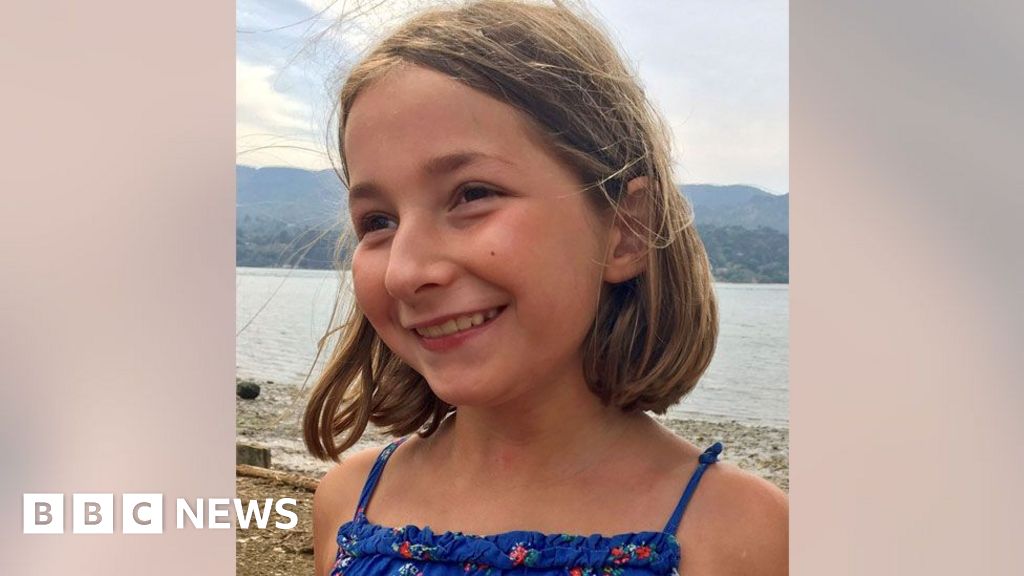ARTICLE AD BOX
By Nick Triggle
Health correspondent
Image source, Getty Images
Image caption,Breast screening is one of many ways of detecting cancer
The NHS in England is struggling to make progress on its flagship target to diagnose three-quarters of cancer cases at an early stage, MPs are warning.
The Health and Social Care Committee said staffing shortages and disruption from the pandemic were causing delays.
Some 54% of cases are diagnosed at stages one and two, considered vital for increasing the chances of survival.
By 2028, the aim is to diagnose 75% of cases in the early stages, but there has been no improvement in six years.
It means England - as well as other UK nations - lag behind comparable countries such as Australia and Canada when it comes to cancer survival.
If the lack of progress continues, the committee warned that it could lead to more than 340,000 people missing out on an early cancer diagnosis.
The Department of Health said it recognised "business as usual is not enough" and said it was developing a new 10-year cancer plan.
But a spokesman said progress was already being made, with a network of 160 new diagnostic centres being opened.
'I live in fear after my late diagnosis'
Shirley, 56, was diagnosed with cancer in both breasts six years ago.
One side was stage three - classed as a late diagnosis - and deemed to be a much more aggressive cancer. It therefore requires careful, ongoing monitoring even after completion of her initial treatment.
Shirley continues to take drugs to reduce the chances of the cancer returning, and had been receiving regular six-monthly check-ups and yearly mammograms.
But those follow-up appointments stopped when the pandemic hit.
"The impact on my mental health was huge. It felt like I had had my safety blanket pulled out from under my feet.
"The fear of cancer returning is massive and can be all-consuming at times."
The stage at which a cancer is diagnosed can make a huge difference to a patient's chances of survival.
For example, 90% of people diagnosed at stage one for bowel cancer live for a further five years, compared to just 10% of those diagnosed at stage four.
The cross-party group of MPs said the push to improve early cancer diagnosis was being undermined by long waiting times and disruption caused by the pandemic.
Currently, the NHS is failing to hit its target to start treatment within two months of an urgent referral.
Moreover, three million fewer people were invited for screening during the pandemic than would have been expected - an essential route for the early detection of cancer.
This combination of factors has led to a drop in cancer diagnoses over the past two years - with an estimated 45,000 missed cases across the UK.
The MPs said this raises the prospect of more late diagnoses - with current data only available up to 2019, just before the pandemic began.
Any attempts to improve services in the immediate future are also being undermined by a lack of staff - with shortages in cancer doctors, radiologists and specialist cancer nurses threatening "diagnosis, treatment and research equally", MPs said.
Committee chairman Jeremy Hunt said there was a "real risk" the gains that had been made might even go into reverse.
"Many more lives will almost certainly end prematurely without earlier diagnosis and prompt treatment," Mr Hunt added.
Minesh Patel, of Macmillan Cancer Support, said the report sounded a "loud and clear alarm".
He said it was vital the number of staff working in cancer care increased, describing the current system as at "breaking point".
"This is causing huge anxiety for people living with cancer, who aren't getting the tailored and quality care they need, and face long waits for their treatment, potentially worsening their prognosis."

 3 years ago
52
3 years ago
52








 English (US) ·
English (US) ·